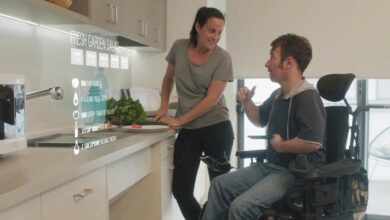ED clinicians to take part in My Health Record pilot

The Australian Digital Health Agency has announced an emergency department My Health Record pilot to develop a model that optimises clinician access to patients' health information, such as medicines, diagnostic test results and GP consultations, that may not otherwise be available in the hospital information systems.
The pilot, a partnership between the Agency and the Australian Commission on Safety and Quality in Health Care (the Commission), will build on the My Health Record participation trials conducted by the Nepean Blue Mountains and the Northern Queensland Primary Health Networks. The Commission will work with hospitals within the two health networks to develop a pilot model over the course of the project, which will then be trialled in other hospitals in Australia.
Agency chief executive Tim Kelsey said My Health Record is associated with reductions in duplicated testing and lower hospital readmission rates, but added the Agency needs to identify potential barriers to its uptake in hospitals and enable better integration with primary and secondary healthcare providers.
The Commission chief executive adjunct professor Debora Picone said it can be time-consuming for hospital staff to gain information on a patient’s medicines, what their GP has been doing to manage the condition, and the procedures provided by other hospitals. “This time could be better used treating the patient.”
To date, over 5 million people have signed up to the digital system, which enables healthcare providers to share secure health data, and over 10,000 healthcare providers are connected.
Prior to the pilot's announcement, the Australian College of Nursing (ACN) said nurses believe a national shared electronic health record has the potential to be an important tool in improving health outcomes, but must be assured their patient’s confidential medical information is secure and protected.
Adjunct professor Kylie Ward, chief executive of ACN, added nurses must be involved in the development, implementation and ongoing maintenance of My Health Record. “The majority of frontline health services in this country are delivered, at least in part, by nurses, so it is critical they have a real say in how our national electronic record is designed to make it as user-friendly as possible,” she said.
The pilot will be led by a senior emergency department clinician and is expected to take two years with an interim report due to the Agency in June 2018. Stakeholders and consumers will also be consulted via roundtables, workshops and targeted interviews.
Email: [email protected]





